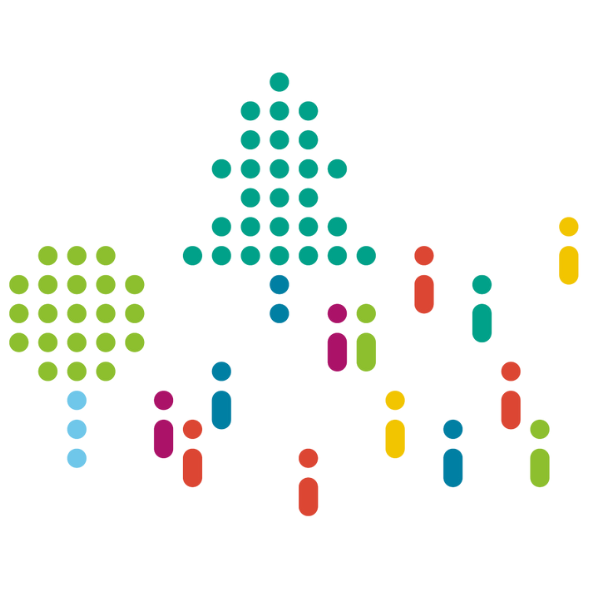The Urban Challenge Grant (UCG) program at the School of Cities builds multidisciplinary scholarly communities of practice within the University of Toronto around complex urban challenges. The grants fund timely research, knowledge dissemination and community engagement to address emerging research questions, and provide seed funding for pilot studies that could ultimately lead to transformative or high-impact research.
Grants are given to U of T faculty and postdoctoral fellows, and are made based on a comprehensive application process. These grants aim to enable teams to foster new, multidisciplinary, research collaboration between academics and community groups, and launch projects that can scale up and apply for larger external funding opportunities. The funds can be used for travel, student stipends, and research expenses. Anticipated results of the Urban Challenge grants include research and academic outputs with potential implications for motivating public policy, professional practice change, or community action.

The goal of this program is twofold. First, we seek to build multidisciplinary scholarly communities of practice around complex urban challenges in order to advance knowledge. Second, we are keen to create new and just ways to help communities in Canada and around the world thrive.
Participating researchers meet regularly with the School of Cities research community, engage with external stakeholders, and work closely with School of Cities staff on ways to maximize the impact of research through relevant dissemination events – ranging from exhibits, public performance, documentary film production or storytelling to policy briefs or data visualization.
3.0 Urban Challenge Grants: Migration, Belonging and Thriving
In 2023, we launched a new thematic focus on Migration, Belonging and Thriving, and have recently awarded 13 new Urban Challenge Grants that tackle the interactions between these areas. Over 20 PIs from 18 University of Toronto departments spanning the humanities, social and natural sciences have received funds for research that crosscuts the areas of migration, belonging, and thriving.
Communities form and reform ways of handling difference and of thriving. The social and physical infrastructure of cities can either support or divide communities; it can either cultivate diversity or foster segregation. How we understand and design environments and institutions shapes our ability to thrive. Researchers across disciplines are engaging with the idea of thriving, seeking to support vibrancy in cultural, natural, and economic life. From science and engineering to health and the humanities, research focuses on the attachment to place and community, along with the struggle to belong and express differences.




